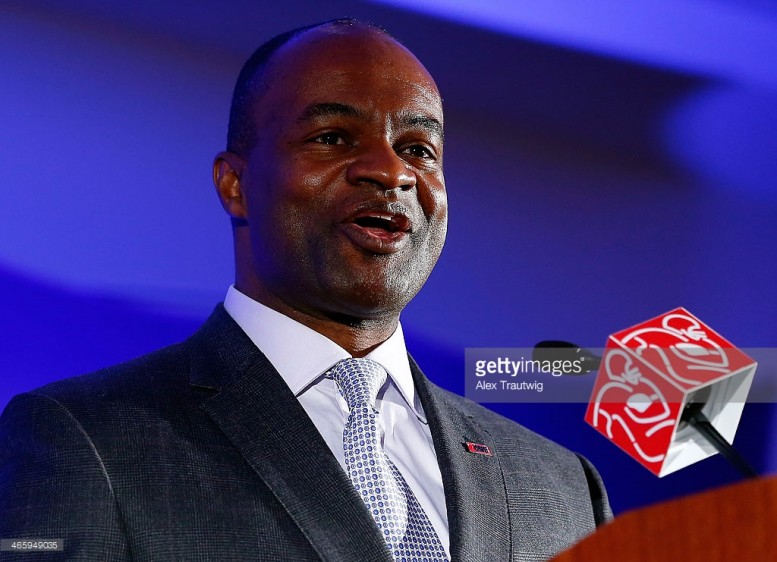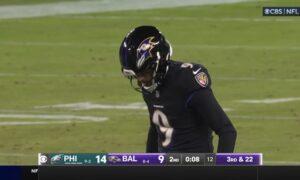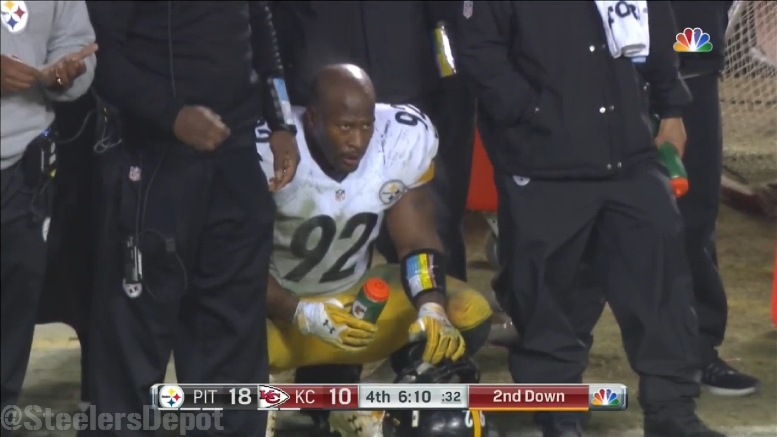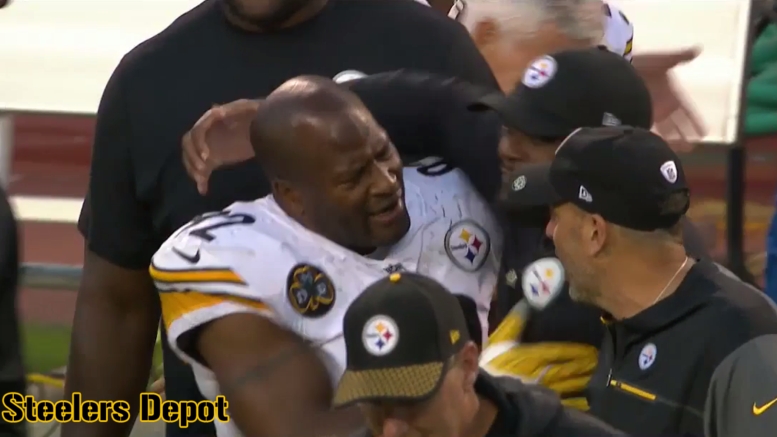The Al-Jazeera documentary that came out in December drew very brief scrutiny and then was more or less summarily dismissed from the public consciousness as generally something not worth further investigating time and effort, especially considering the individual making allegations against players of using performance-enhancing drugs unequivocally recanted his claims.
The NFL has thought otherwise, and the gears have been in motion for some time for them to continue their investigation into the claims made by Charlie Sly on and off the camera, and perhaps some other information that is not fully accessible to the general public.
Part of that investigation is to include interviewing the players named in the documentary, which we have since learned has been a process held up not by the NFL, but rather by the NFLPA, which has advised its players not to consent to an interview without being offered more substantial, credible evidence to justify the investigation taking that step.
The NFL since responded and brought up an important point, communicating in a statement that “the NFL and NFLPA are obligated and have a shared responsibility to look into allegations that could impact the integrity of competition on the field and the health of our players”, adding that “we have made no conclusions but the report merits a review, including interviews with the players named”.
It is at that last part where the NFL and the NFLPA diverge, as there is a clear discrepancy as to whether or not the report does indeed merit a review, “including interviews with the players named”. In the case of Pittsburgh Steelers outside linebacker James Harrison, his name was mentioned seemingly in passing as a player that Sly claims to have supplied with PEDs, and that appears to be the sole basis of their interest in interviewing him.
The NFL’s point, however, is well-taken never the less, and for the reasons cited, as the players’ union should be every bit as motivated as the league that they assure “the integrity of competition on the field and the health of our players”. That is, after all, the best interests of their constituents.
The latter part is quite obviously straightforward. PEDs have been widely linked with potentially health-impacting side effects, and that is partly why they are banned substances. It is bad for the players’ health to dabble in these things, and that is obviously something that the players’ union would be interested in.
The former point, the integrity of competition, is also an important one, because the players’ union is representative of all players, and in a manner that assumes an even playing field. If some players are gaining an unfair advantage using PEDs, then that is putting the jobs of other players at risk that they might not otherwise lose by being outperformed by a plyer using banned substances.
The problem that the league runs into, however, is trying to justify just how the Al-Jazeera report really merits substantial consideration, when even the individual making the claims they are investigating—an individual making a sales pitch to sell products that he claims to have supplied to talented players such as Harrison—has said himself are untrue.






